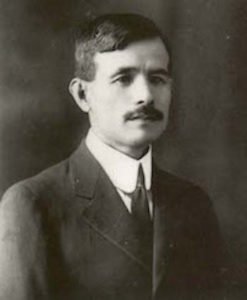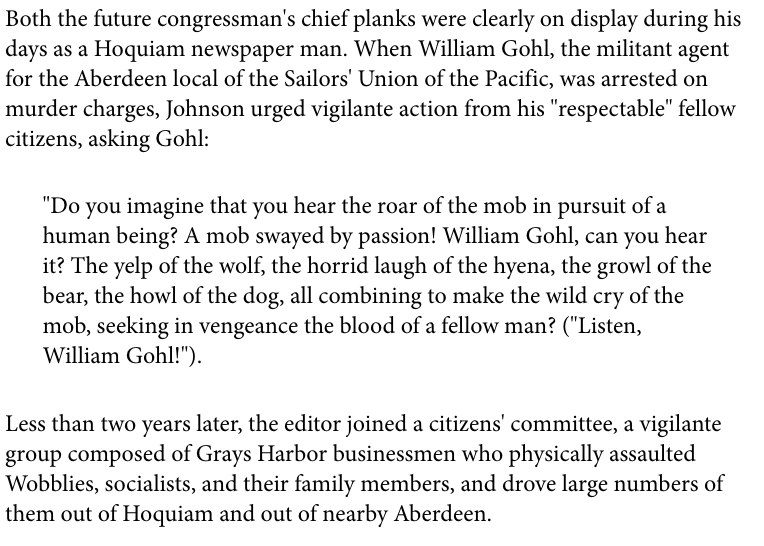First, @DineshDSouza, let's make clear the eugenics behind the 1924 Immigration Act.
dneiwert.blogspot.com/2003/02/roots-…
encyclopedia.densho.org/Ozawa_v._Unite…

fee.org/articles/eugen…
historylink.org/File/8721

historylink.org/File/8721


Get real-time email alerts when new unrolls are available from this author!
Twitter may remove this content at anytime, convert it as a PDF, save and print for later use!

1) Follow Thread Reader App on Twitter so you can easily mention us!
2) Go to a Twitter thread (series of Tweets by the same owner) and mention us with a keyword "unroll"
@threadreaderapp unroll
You can practice here first or read more on our help page!



